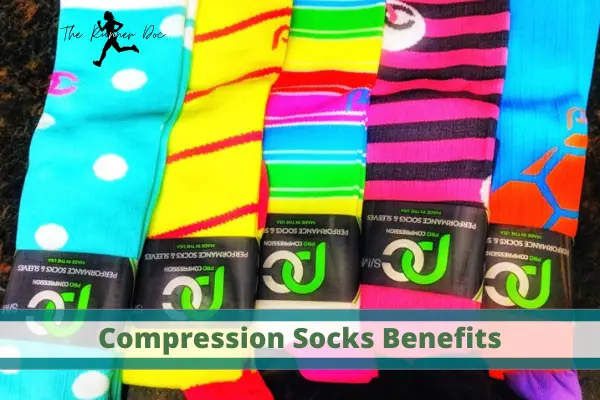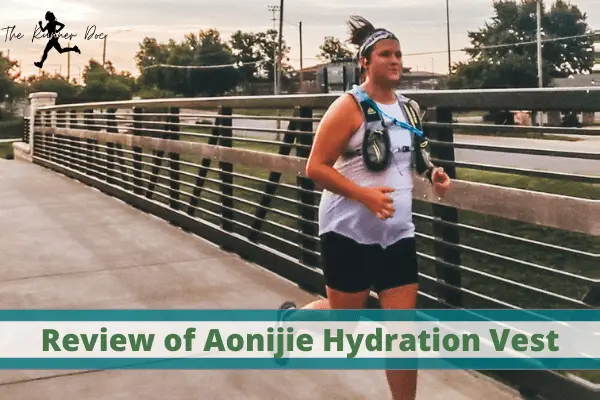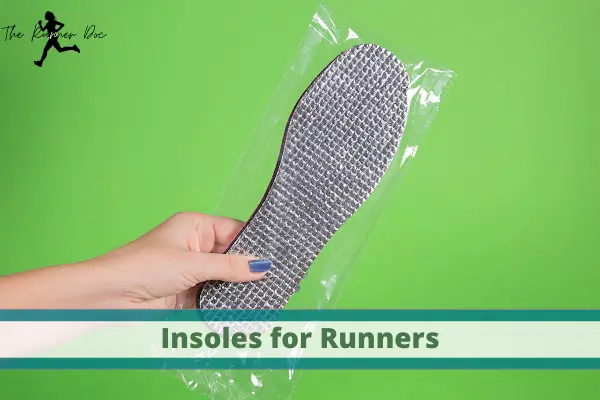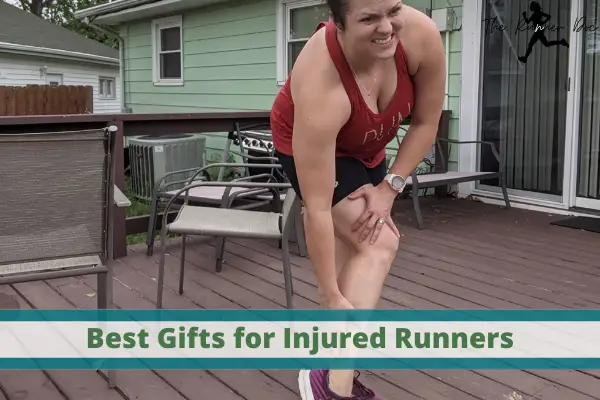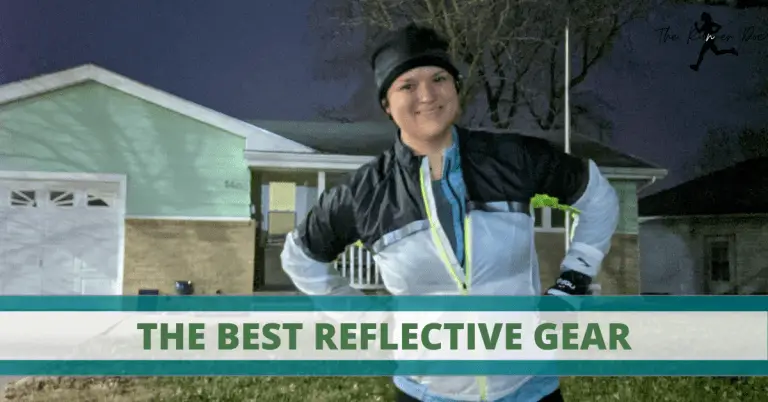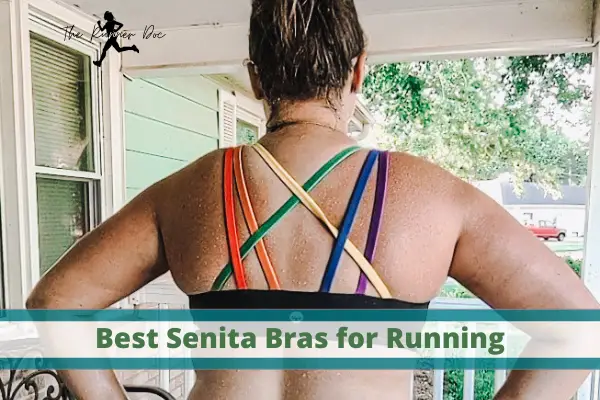Do Compression Socks Work for Runners?
Should Runners Wear Compression Socks?
Compression socks in the running world have become more and more popular over the past few years. Not only do they look good but they also can have some benefits. If you have watched any of the major marathons recently you have probably seen a majority of the pros wearing either compression socks or sleeves.
But the question is, do compression socks really work for runners?
What are Compression Socks?
In the medical world, compression socks are either knee or hip height stockings that help reduce the likelihood of DVT (blood clots) in patients either post-surgically or while in the hospital.
Compression socks are designed to increase circulation, decrease fatigue and prevent injuries. The most common type of compression socks is graduated compression. Graduated compression has been shown to increase oxygen delivery to the muscles, improve blood circulation to the heart, and help speed the removal of lactic acid.
Compression socks work by applying pressure just below your calf muscles which helps reduce swelling in that area and improve blood flow back up to your heart.
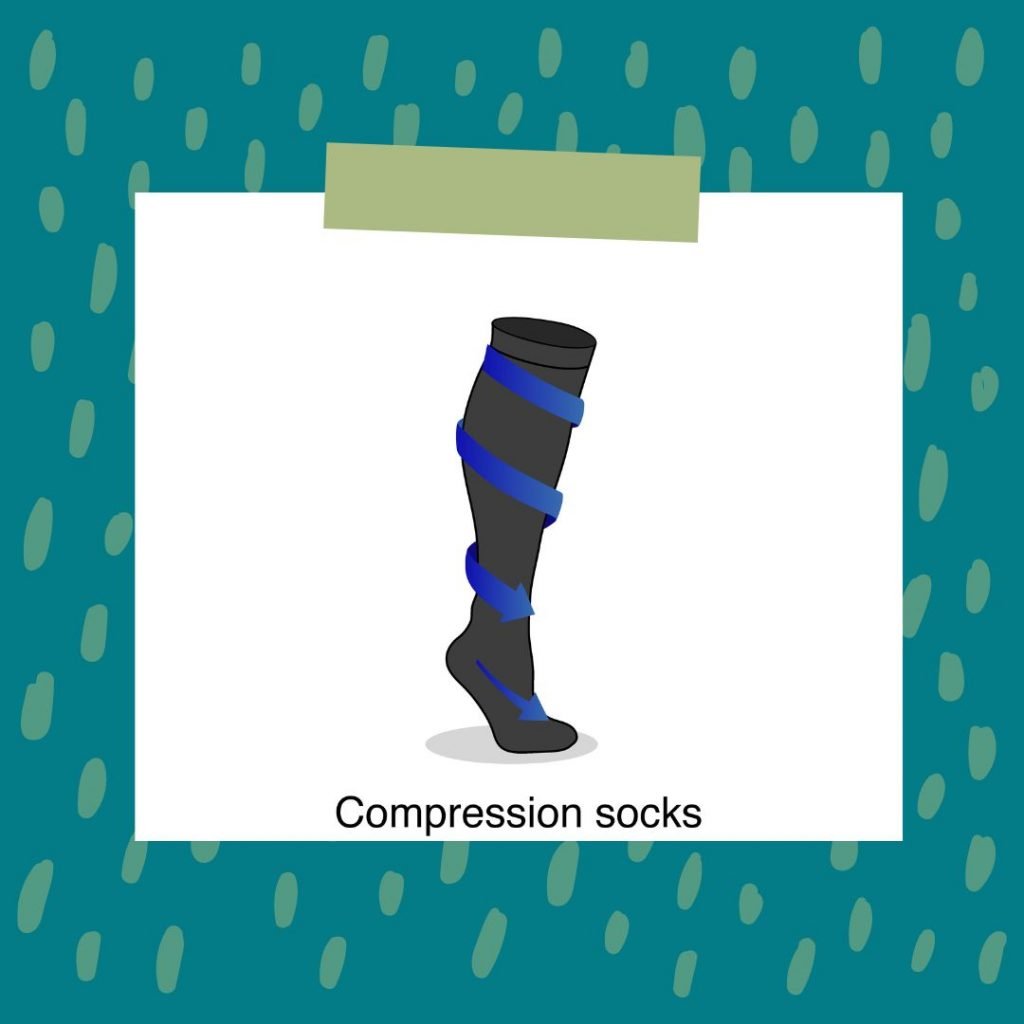
The Benefits of Compression Socks for Runners
There are a lot of claims about how amazing compression socks are for runners. However, take them with a grain of salt because the research just isn’t there yet. There aren’t a lot of studies that have been done and they have some conflicting results.
But, there are some general benefits of compression socks for runners that others have sworn by.
- They reduce swelling and lower leg tiredness on very long runs.
- Runners get fewer leg cramps.
- Recovery is quicker.
- They keep your legs warmer in cold weather.
Remember though, the various studies on the efficacy of compression socks for runners have been very mixed and not conclusive.
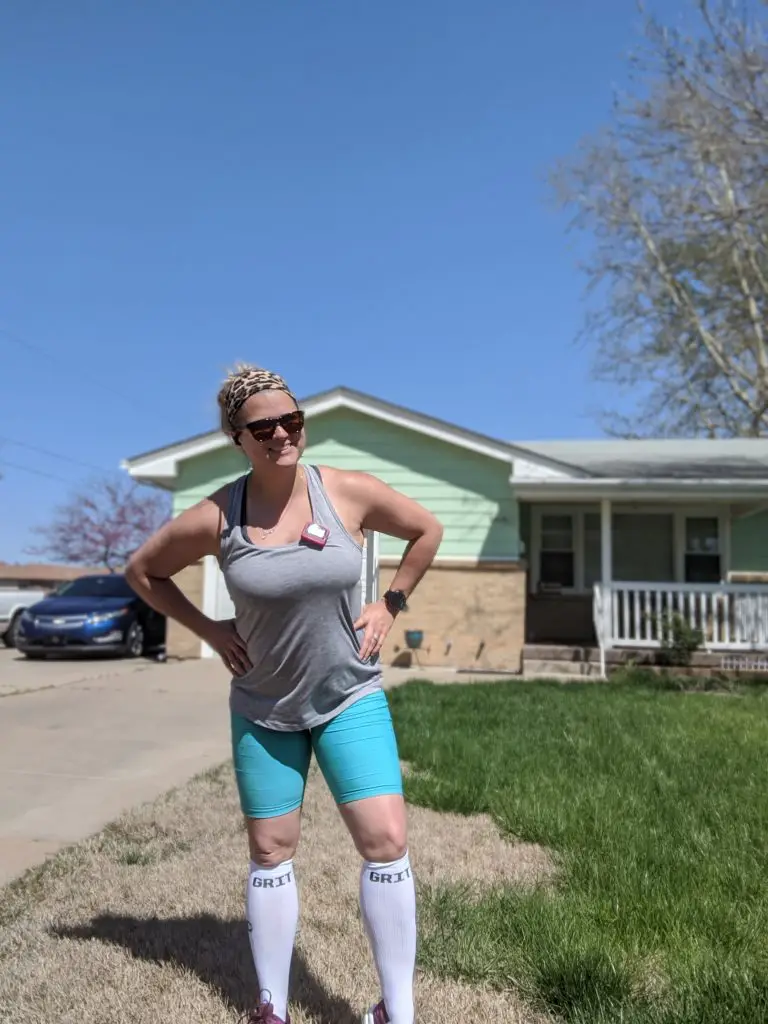
Personally, I feel better when I wear them. Or when I put them on after a longer or harder run. There might not be the research to support it yet but feeling better is a good enough reason for me to wear them! I’m not the only one either, many runners have felt they make a difference in their overall performance and recovery.
The good news is that while the positive research is inconclusive at this point. There hasn’t been any negative research. Meaning, that there haven’t been any signs in the research that compression socks are detrimental to performance or harmful!
Overall, the studies available lean toward a positive effect on reducing muscle soreness and recovery time. In one particular study, published in The Journal of Strength and Conditioning Research, athletes who wore compression socks for 48 hours after completing a marathon improved their running performance during a treadmill test—a mere two week
How to find the right compression sock for you
There are a lot of different types and styles of compression socks on the market today. It’s best to go with a company that specializes in sports compression products since they will be using the right materials for exercise (ie moisture-wicking etc)
Graduated compression is the way to go. Of all the studies that are available out there, one thing they almost all agree on is that for compression to have any benefit at all, it must be graduated. Graduated means that the compression is greatest at the ankle and gradually decreases as it moves towards your knee.
My preferred brand of compression socks is ProCompression! I have tried a few different brands and overall the compression and quality of ProCompression is my favorite! Plus they are made in the USA which is a big deal to me! (that is a completely different topic but worth mentioning!)
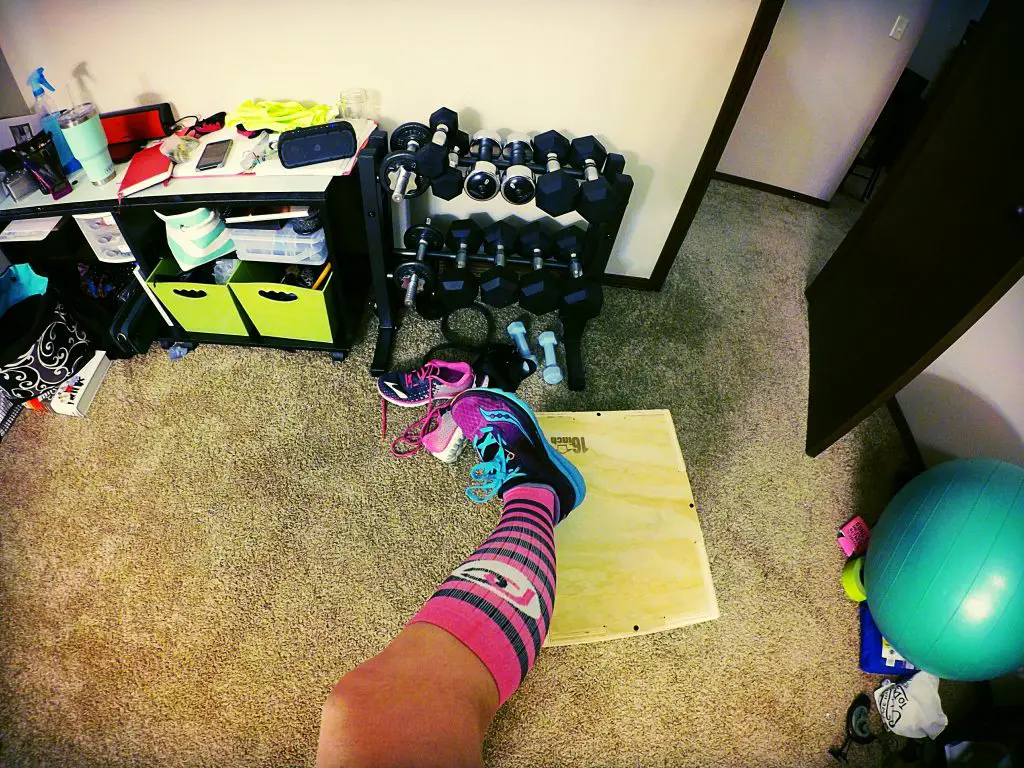
Most socks are sized based on shoe size and the circumference of your calf. Your calf circumference (at the widest point) is definitely more important than the shoe size. Also, I have learned from personal experience that if you are on the top end of a size for your calf, size up. Otherwise, the socks are really really hard to get on and almost too tight to wear for very long!
What Compression Socks Should Runners Wear?
Compression running socks come in four grades of pressure that are measured in mmHg (millimeters of mercury).
- low or mild: 8-15 mmHg
- medium: 15-20 mmHg
- high: 20-30 mm Hg
- extra firm: 30-40 mmHg
Most runners and athletes wear medium or high compression socks or sleeves. But the level of compression that you want will depend on what you are doing.
Low compression is best if you are sitting or lounging at home or to wear out and about. They are comfortable and a great option if you tend to be sore or a little tired the day after a run.
Medium compression is for when you are going to be doing a long run or marathon/half marathon. A medium compression, 15-20mmHg is also another good option for recovery days and for longer periods of time since they tend to be more comfortable as well.
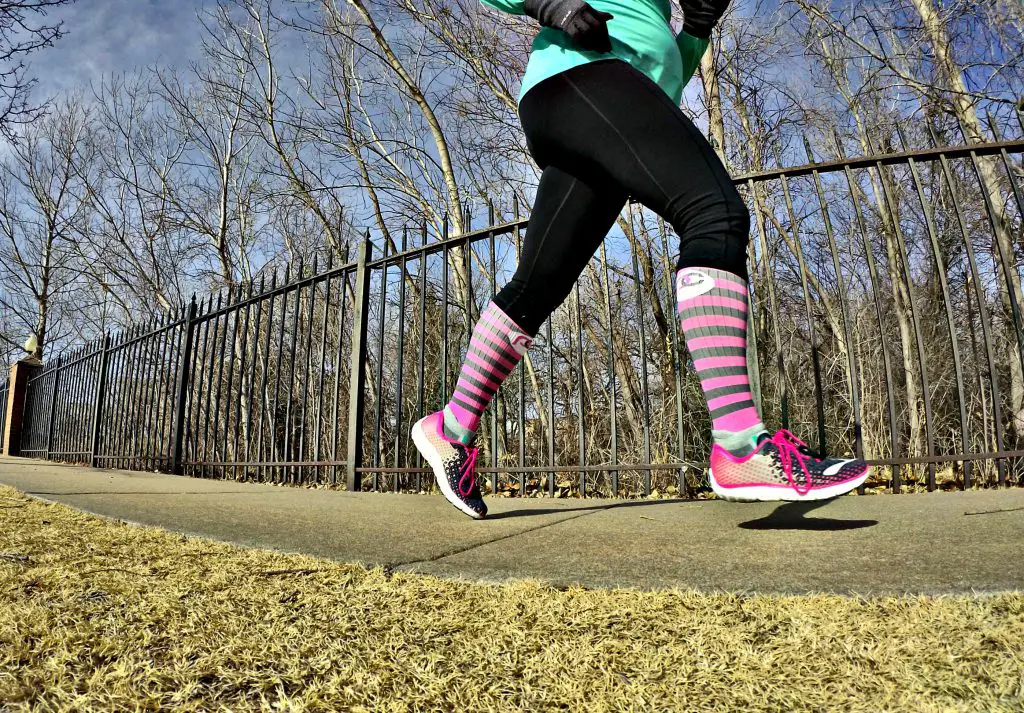
ProCompression PCWT and Marathon Wide-calf socks are in this compression range. The PCWT is their professional line of dress socks!
High compression socks, 20-30mmHG, are also a great fit for racing or longer runs. These are also beneficial if you are pre-disposed to vein issues, but be sure to talk with your doctor before wearing them to make sure they are the right thing for you to do!.
The ProCompression Marathon socks are this level of compression and their most popular sock.
ProCompression has their Marathon Recovery sock which is rated at the extra firm compression. These are good for recovery, as their name implies. But really, if you notice a significant amount of swelling after a run or your doctor has recommended compression socks/sleeves for your veins or blood clot history, these are the socks for you. They aren’t ones that I would normally recommend for everyone!
Final Thoughts on ProCompression Socks for Runners
If you’re a runner, compression socks can offer a variety of benefits to improve your performance and recovery. In this post, we’ve explored the different levels of compression available and which ones are best for running. We’ve also looked at how to find the right size and brand of compression socks for you.
Compression socks can be a great way to prevent injuries, reduce muscle fatigue, and speed up recovery after a long run or race.
Related Articles to Compression Socks for Runners
Why You Need to Rotate your Running Shoes
The Best Running Shorts for Summer: Senita Biker Shorts Review
Best Gifts for Injured Runners in 2021
AFFILIATE DISCLOSURE
As an Amazon Associate, I earn from qualifying purchases. This post may contain affiliate links. If you use these links to buy something we may earn a commission. The Site may contain links to affiliate websites, and we receive an affiliate commission for any purchases made by you on the affiliate website using such links.
All information should be used as a tool for more knowledge on the subject topic, to use as references for later articles where applicable, or just to keep it in mind during future exercise routines or activities.
This article is not meant to give medical advice or to replace professional health care. Should any ailment occur please contact your doctor or physical therapist immediately to keep yourself safe and prevent further damage.
The author is not liable for any personal or commercial damage directly or indirectly related to the content hereof. You are responsible for adhering to local laws and regulations regarding health & safety, including proper use of equipment or safety gear, and compliance with governing healthcare associations, and state, and federal regulations.
Benefits of ProCompression Socks for Runners
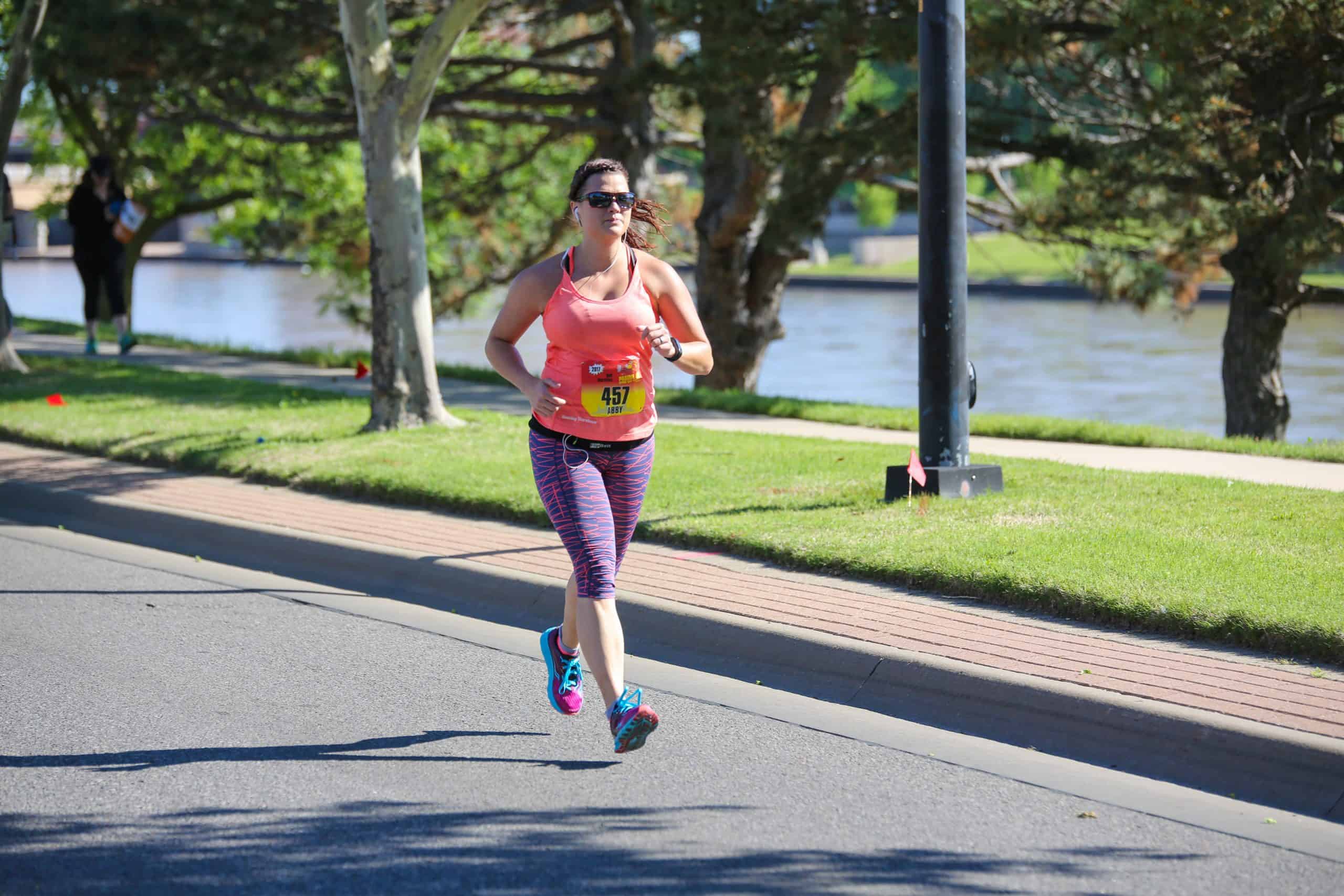
Dr. Abby Siler, PT, DPT is a Physical Therapist with 10 years of experience in a variety of settings. She has spent the majority of her time treating athletes in orthopedic clinics and worker’s compensation cases. She is a runner herself for the past 15 years and a lifelong athlete. Dr. Abby loves to teach runners how to stay injury free and out of her clinic.

